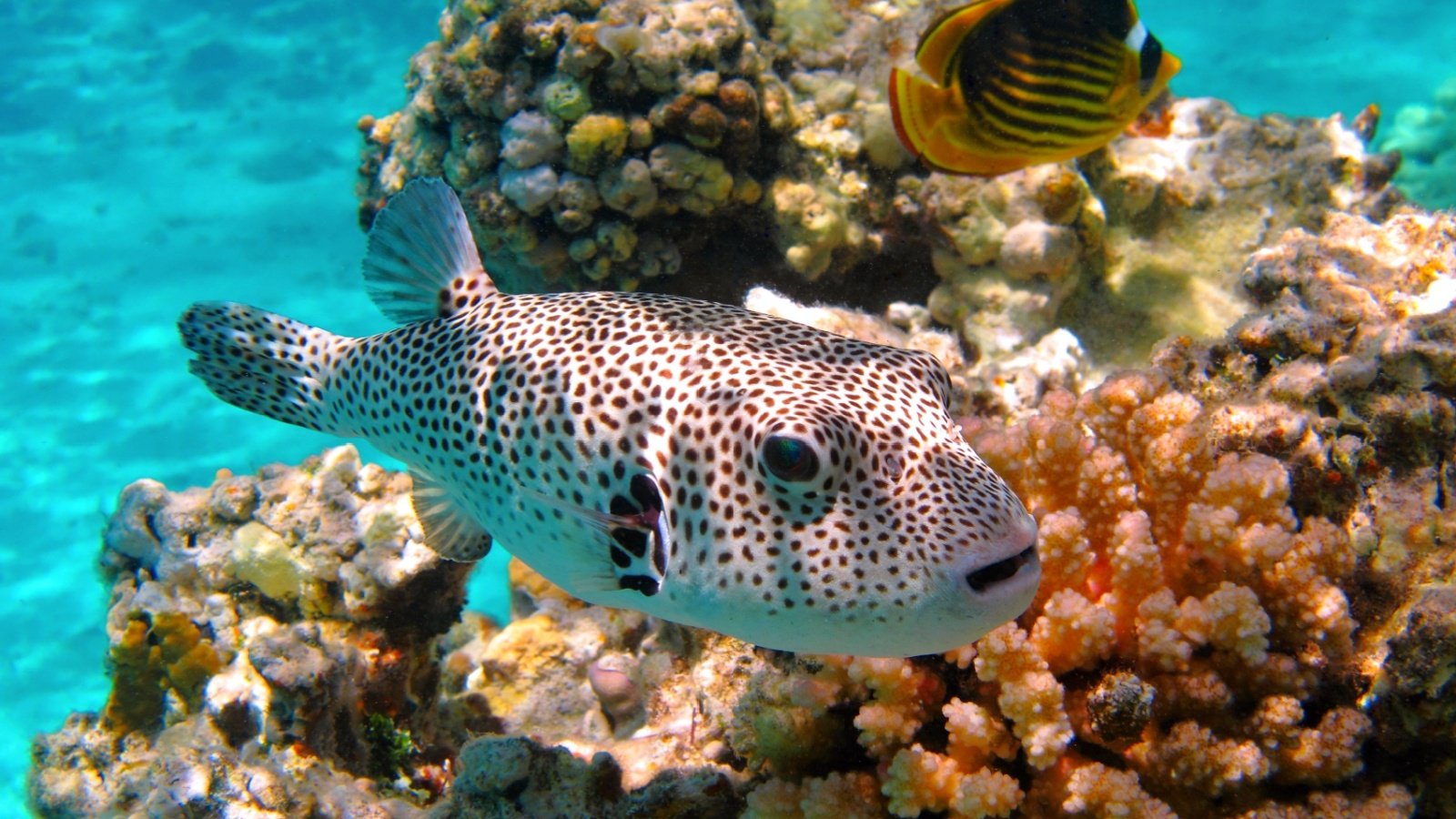Record-high temperatures in the Gulf of Mexico and Atlantic Ocean are setting off alarms among scientists, threatening to devastate marine ecosystems. Coral reefs are bleaching at unprecedented rates, blue-green algae blooms are on the rise, and the potential for more intense hurricanes looms large.
The escalating heat in these waters could spell disaster for marine life and coastal communities alike.
Rising Ocean Temperatures

Gulf of Mexico and Atlantic Ocean temperatures are a few degrees above average for this time of year. These warmer waters could lead to increased tropical storm formation and more blue-green algae blooms.
Southwest Florida Water Conditions
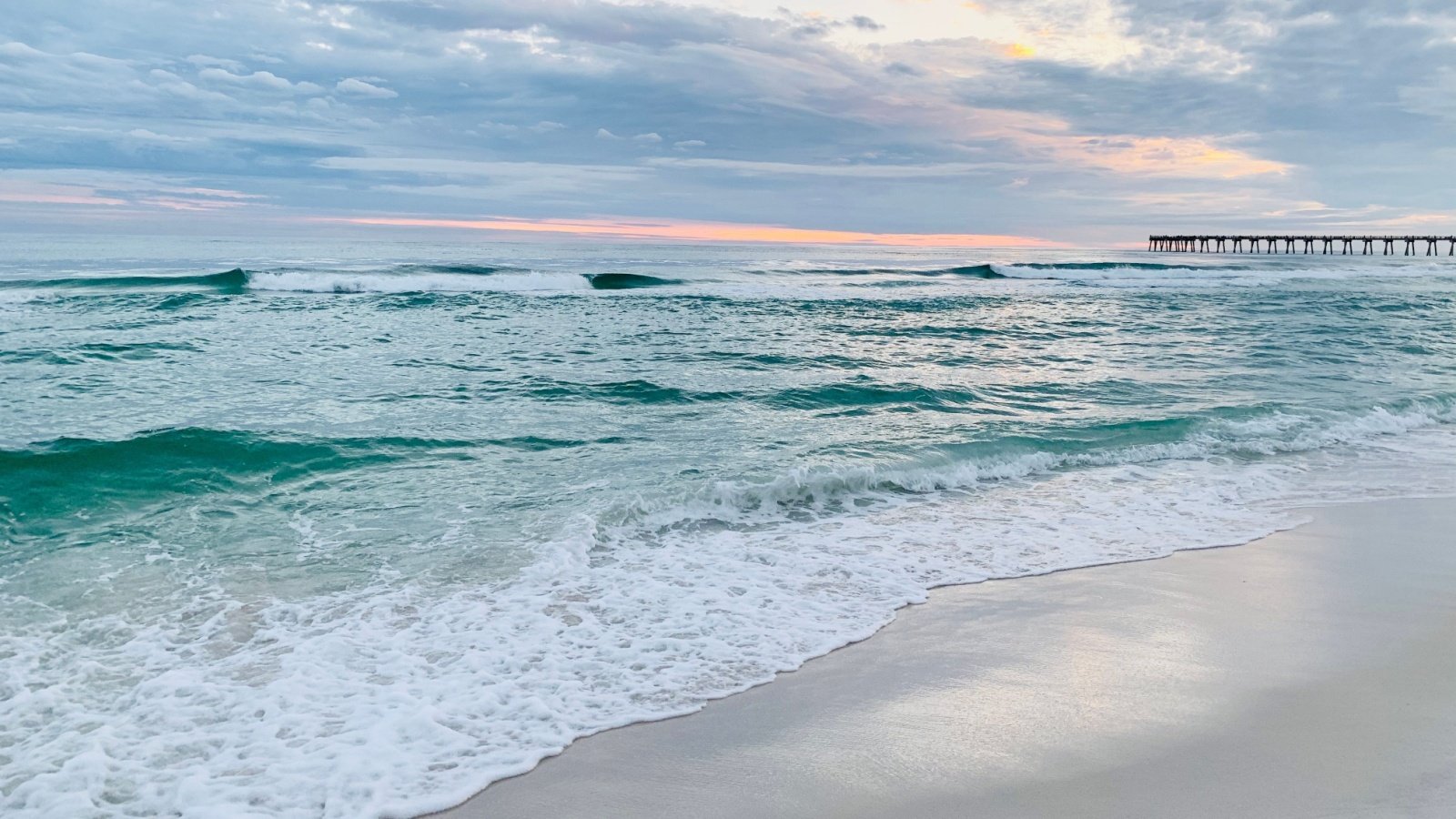
Water temperatures in Southwest Florida are currently in the high 80s. This data comes from the National Oceanic and Atmospheric Administration (NOAA).
Impact on Marine Ecosystems
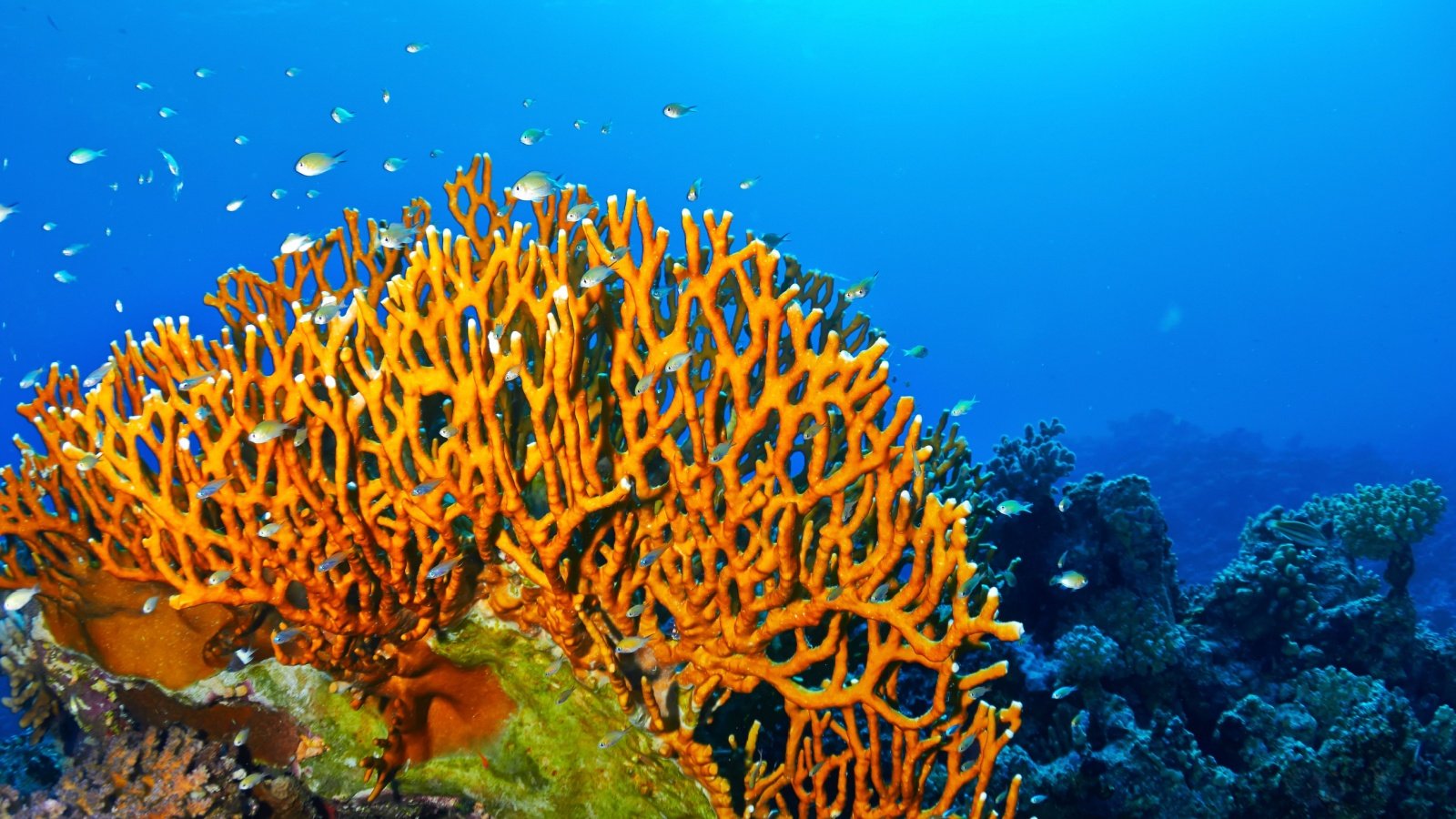
Extreme warm waters pose significant risks to marine life and ecosystems. Prolonged exposure to high temperatures can cause corals to bleach, disrupting their symbiotic relationships with algae.
Documenting Coral Damage
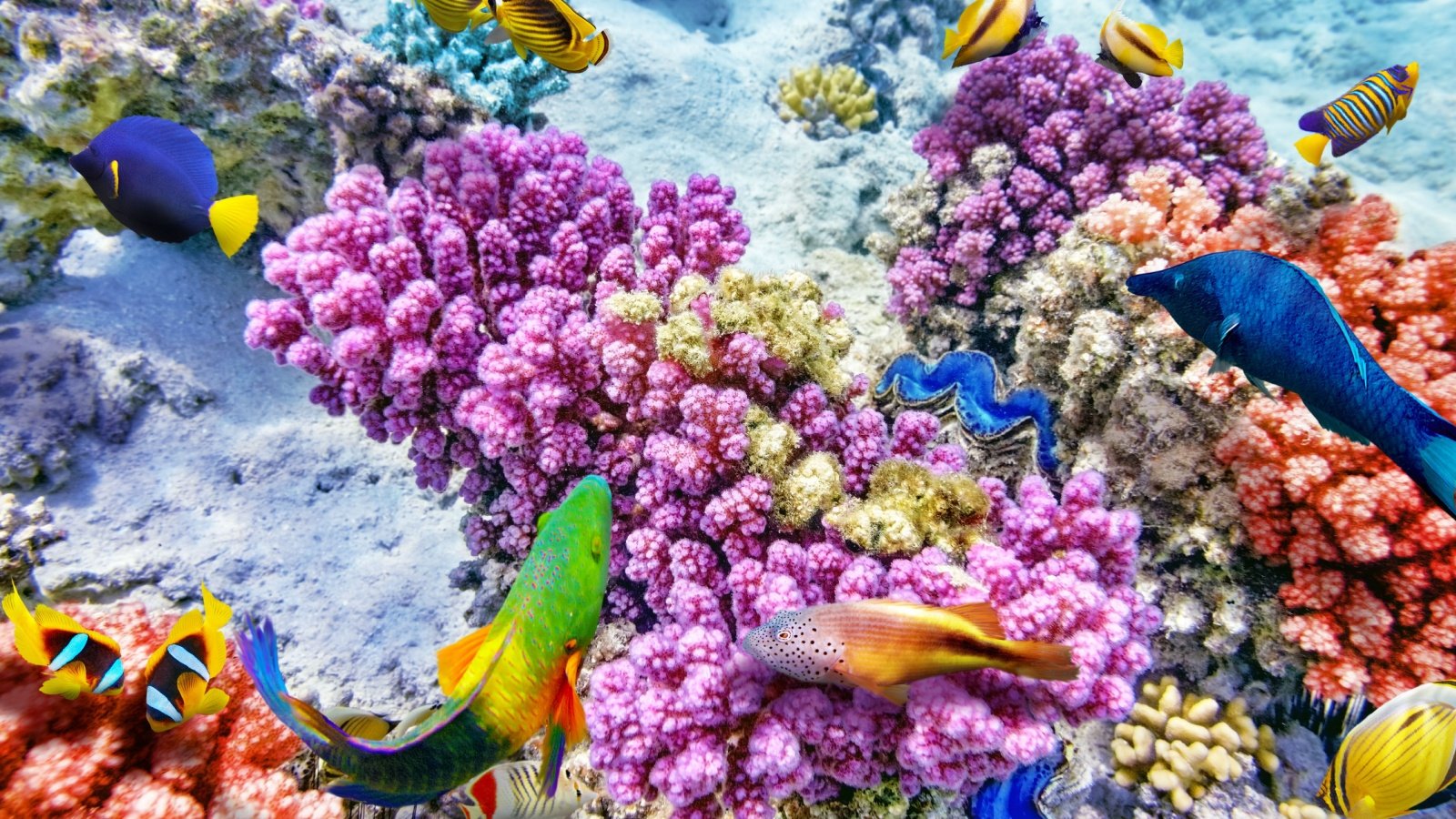
In 2022, The News-Press highlighted the damage caused by warmer waters in the Florida Keys. Scientists observed negative effects on coral reefs and the Gulf Stream flow.
Marine Heat Wave in the Gulf
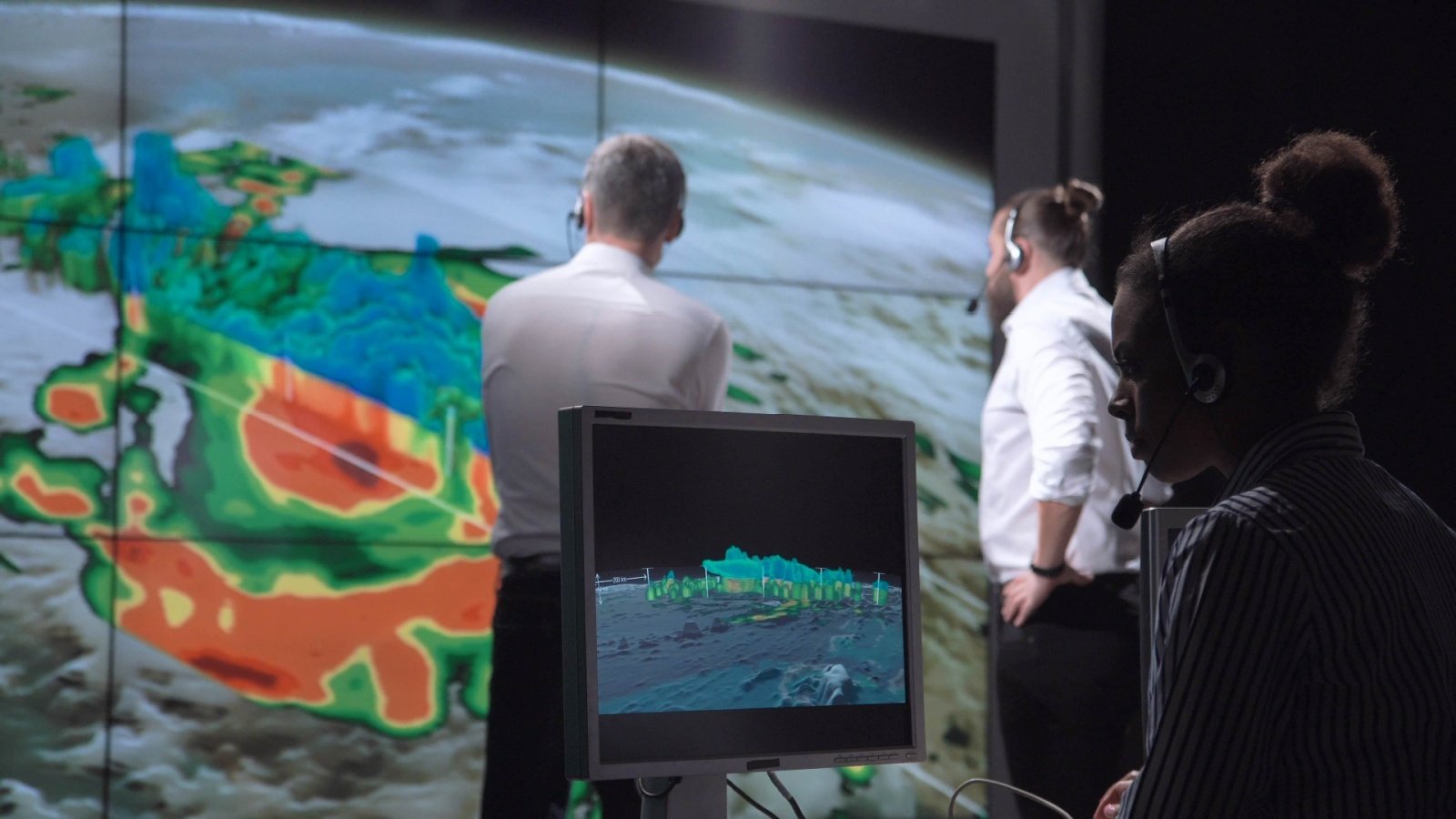
A marine heat wave began in the Gulf of Mexico in April last year, with temperatures continuing to rise throughout the summer. This phenomenon has led to increased concern about blue-green algae blooms and bacterial activity.
Effects on Bacterial Activity
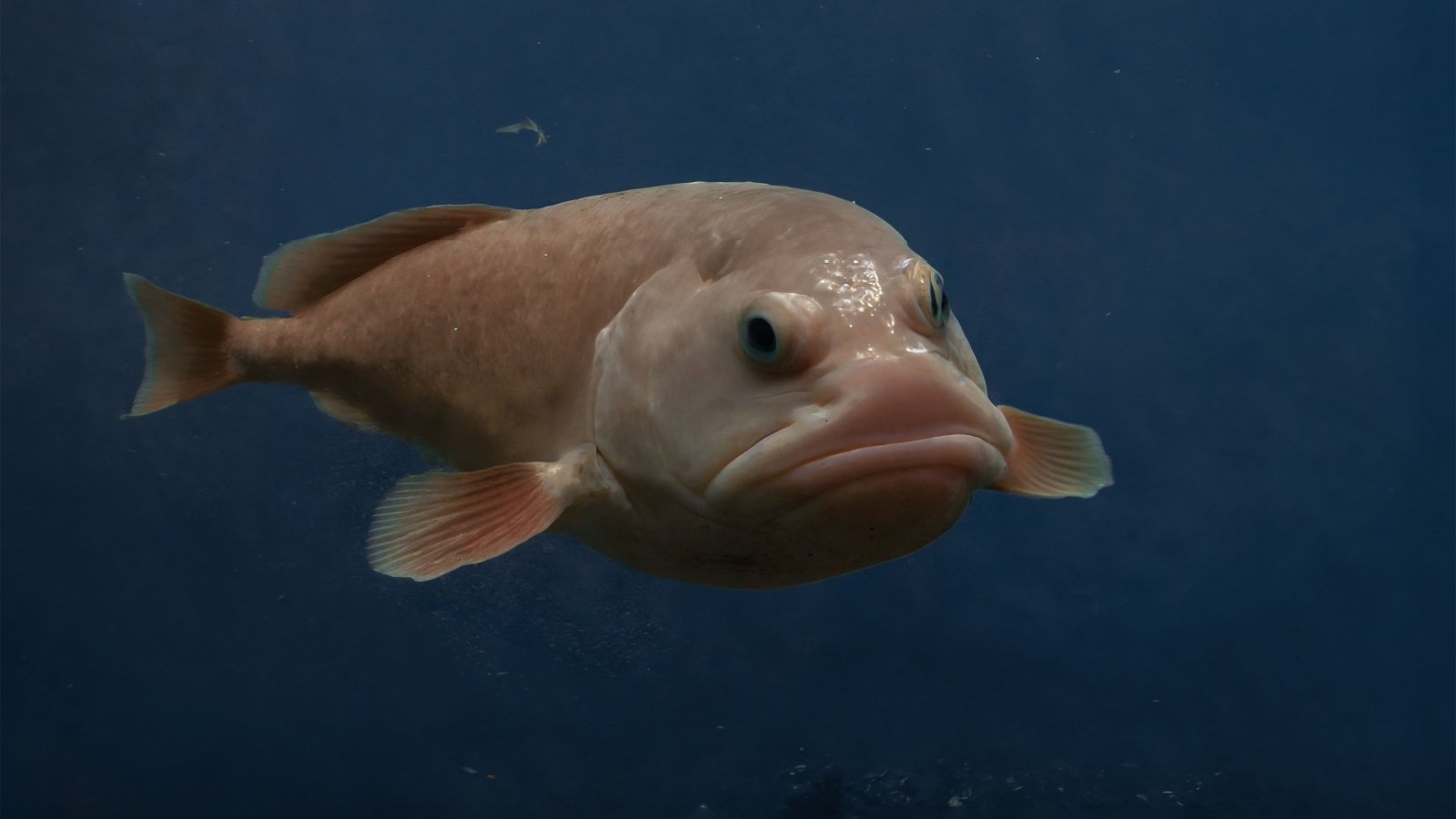
Warmer waters boost bacterial metabolic activity and reduce oxygen levels, which can lead to fish kills. This is a major concern for marine life in warmer regions.
Broader Ecological Impacts
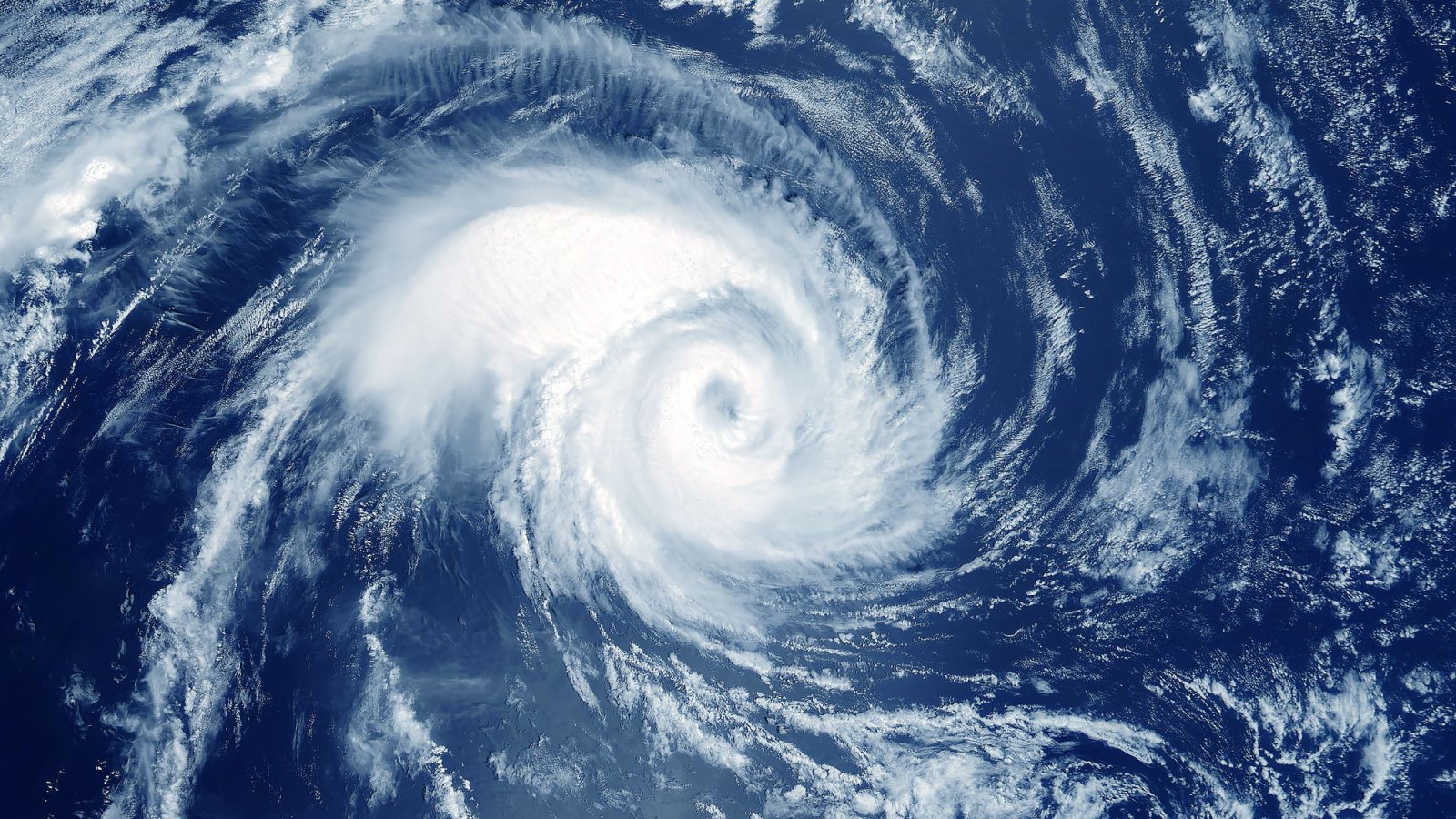
Rising ocean temperatures contribute to various ecological issues, from damaging marine ecosystems to fueling tropical storms and hurricanes. While Southwest Florida saw limited impacts, the Florida Keys experienced significant ecological changes.
Coral Bleaching and Mortality

Coral bleaching and mortality were observed in the Florida Keys, with corals overgrown by stringy micro-bacteria. Last year saw some of the highest water temperatures ever recorded in the Keys.
Local Concerns: Algae and Red Tide
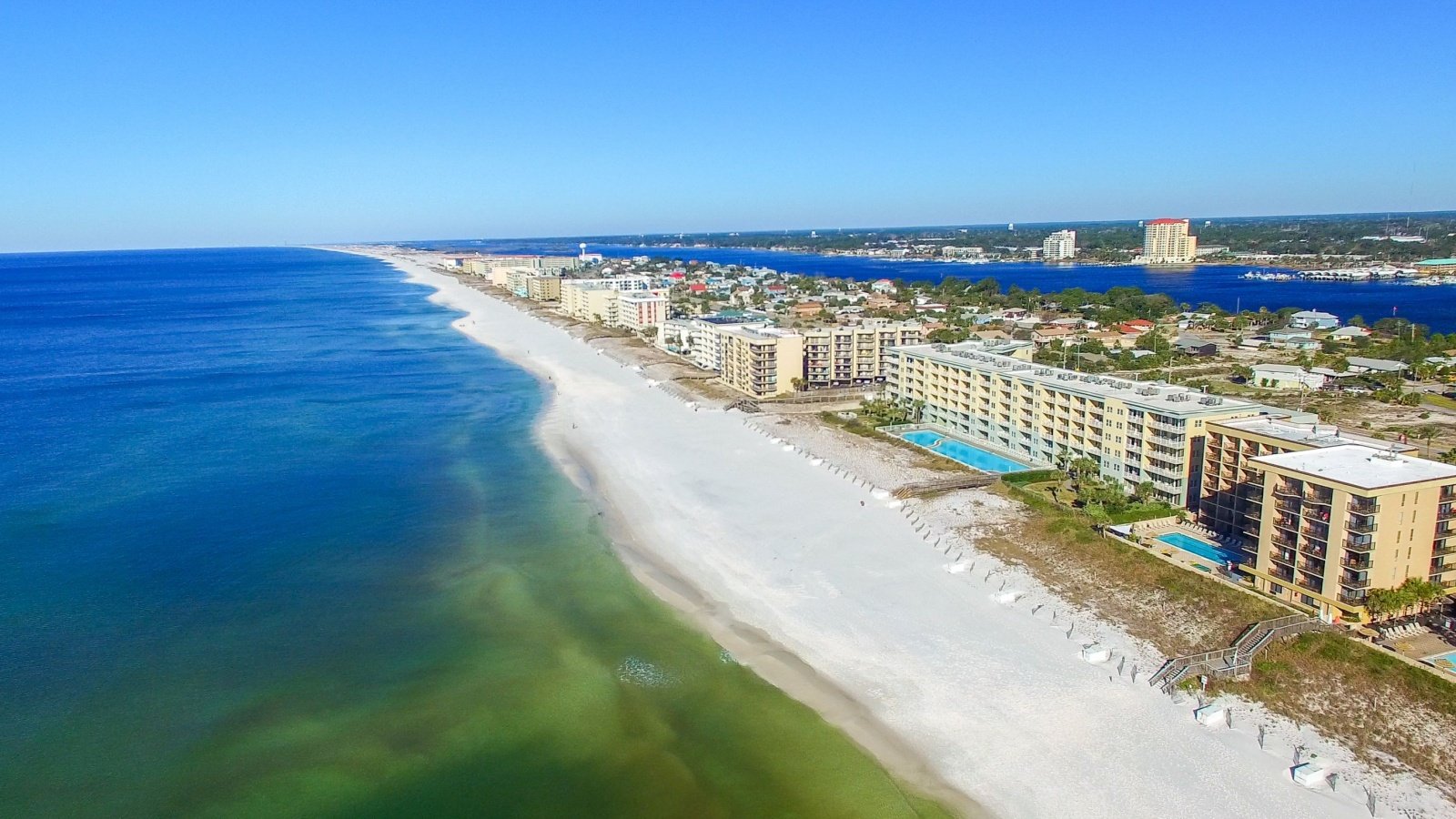
Blue-green algae and red tide are significant local ecological concerns, with water temperatures already high this year. Warm temperatures pose risks for blue-green algae in freshwater and oxygen levels in the marine environment.
Storm Intensification Risk
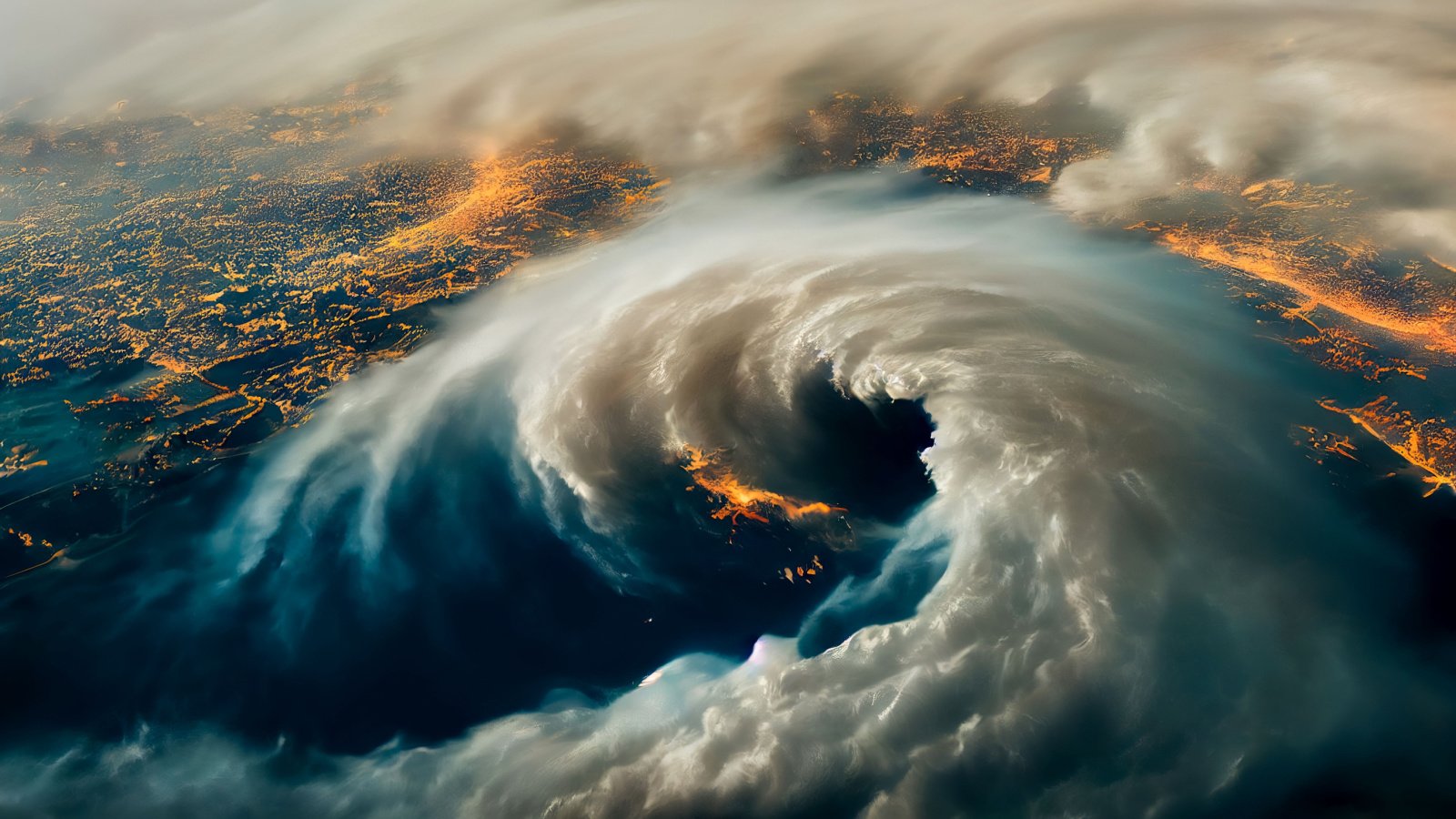
Higher water temperatures can lead to the rapid intensification of tropical storms and hurricanes. The potential for storms to gain strength as they move into shallower, warmer waters is alarming.
El Niño and Hurricane Activity
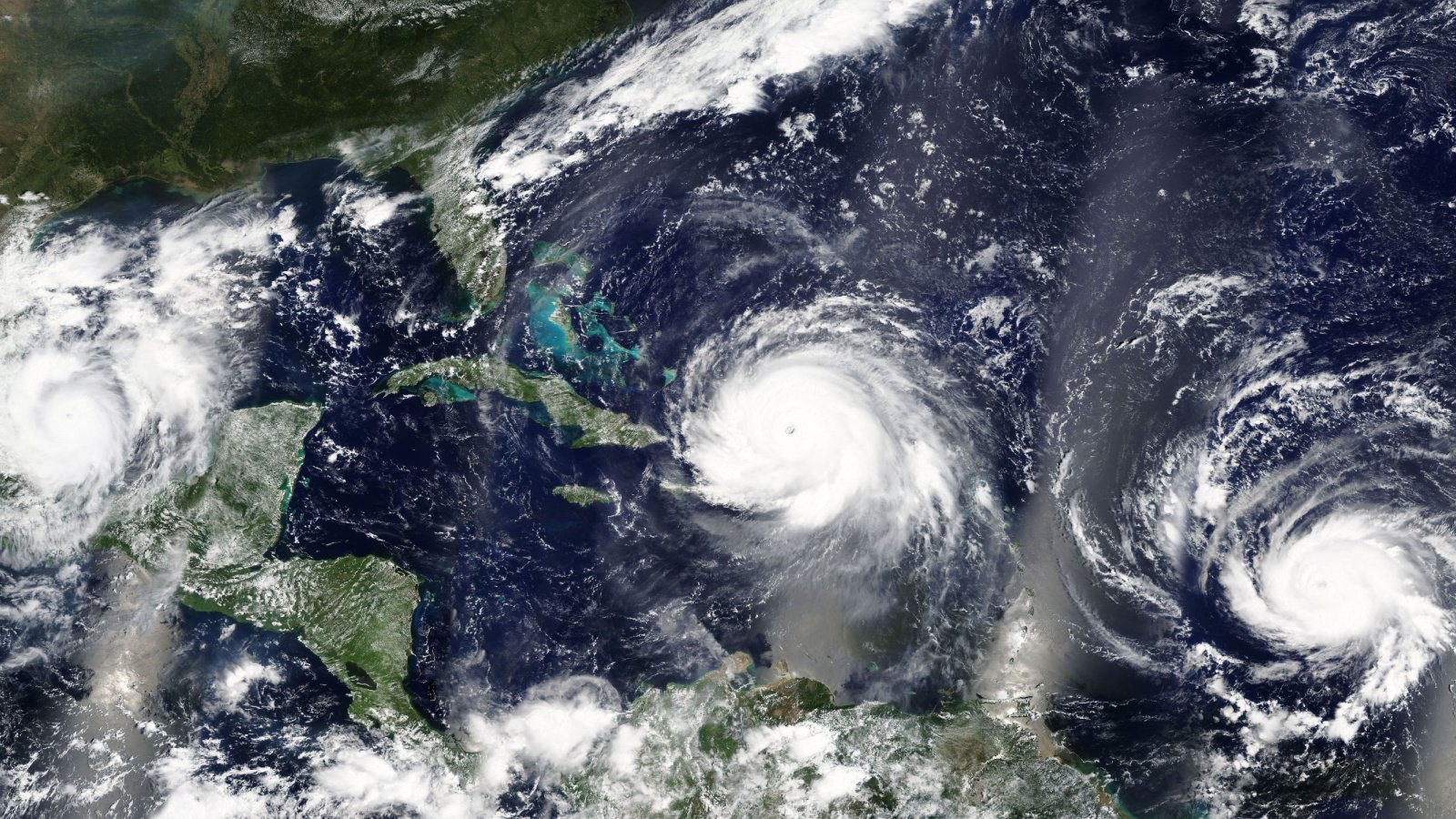
Despite a strong El Niño reducing hurricane activity in the Pacific, last year’s Atlantic hurricane activity was above normal due to record warm North Atlantic waters. This year, with a warmer Atlantic and a transition to La Niña, hurricane risks remain high.
Economic Impact of Warmer Waters
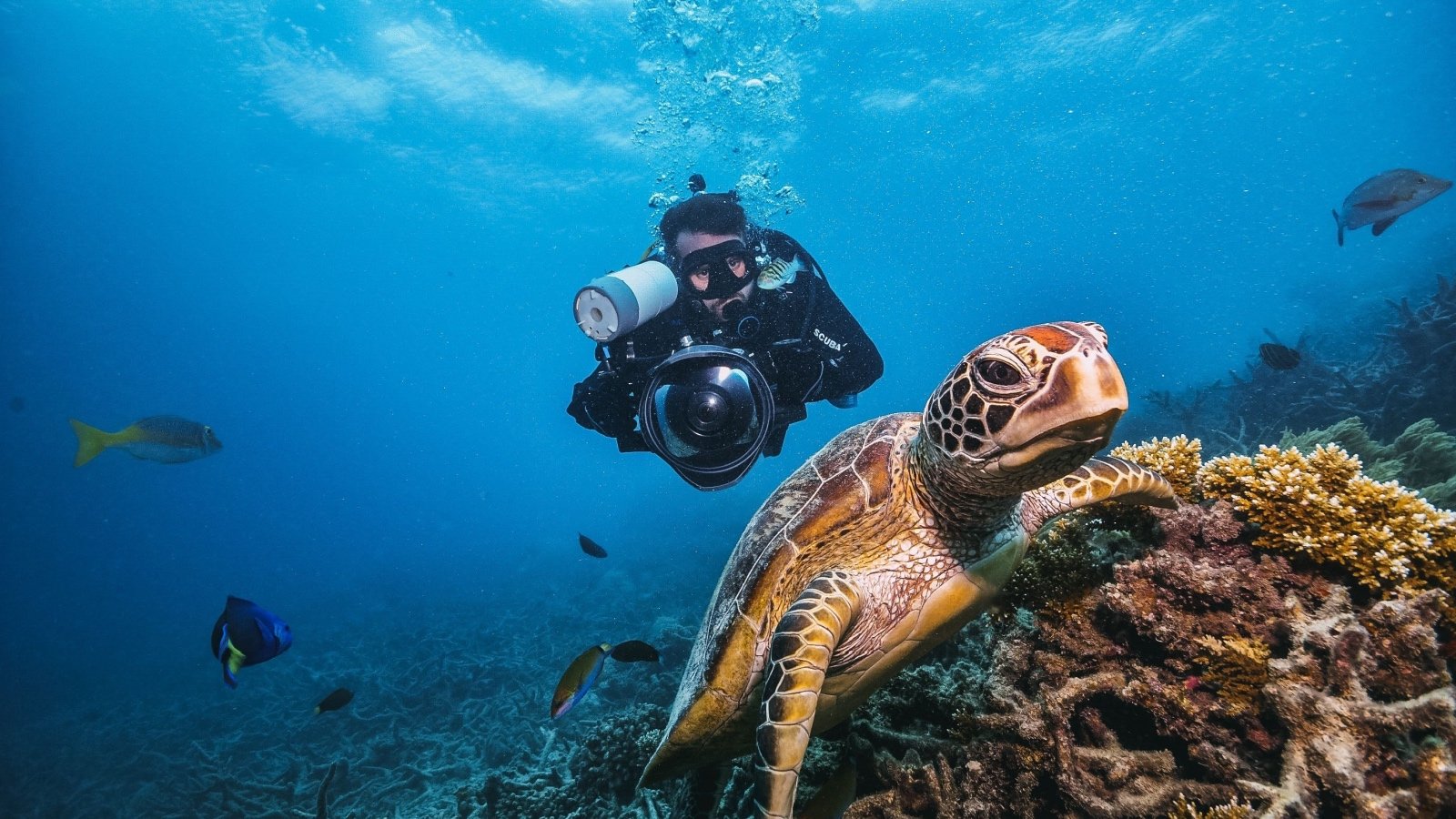
Warmer waters have growing economic impacts, including more coral mortality and the loss of reef ecosystems. These changes threaten the vital goods and services provided by healthy reefs.
The Blob: A Marine Heat Wave
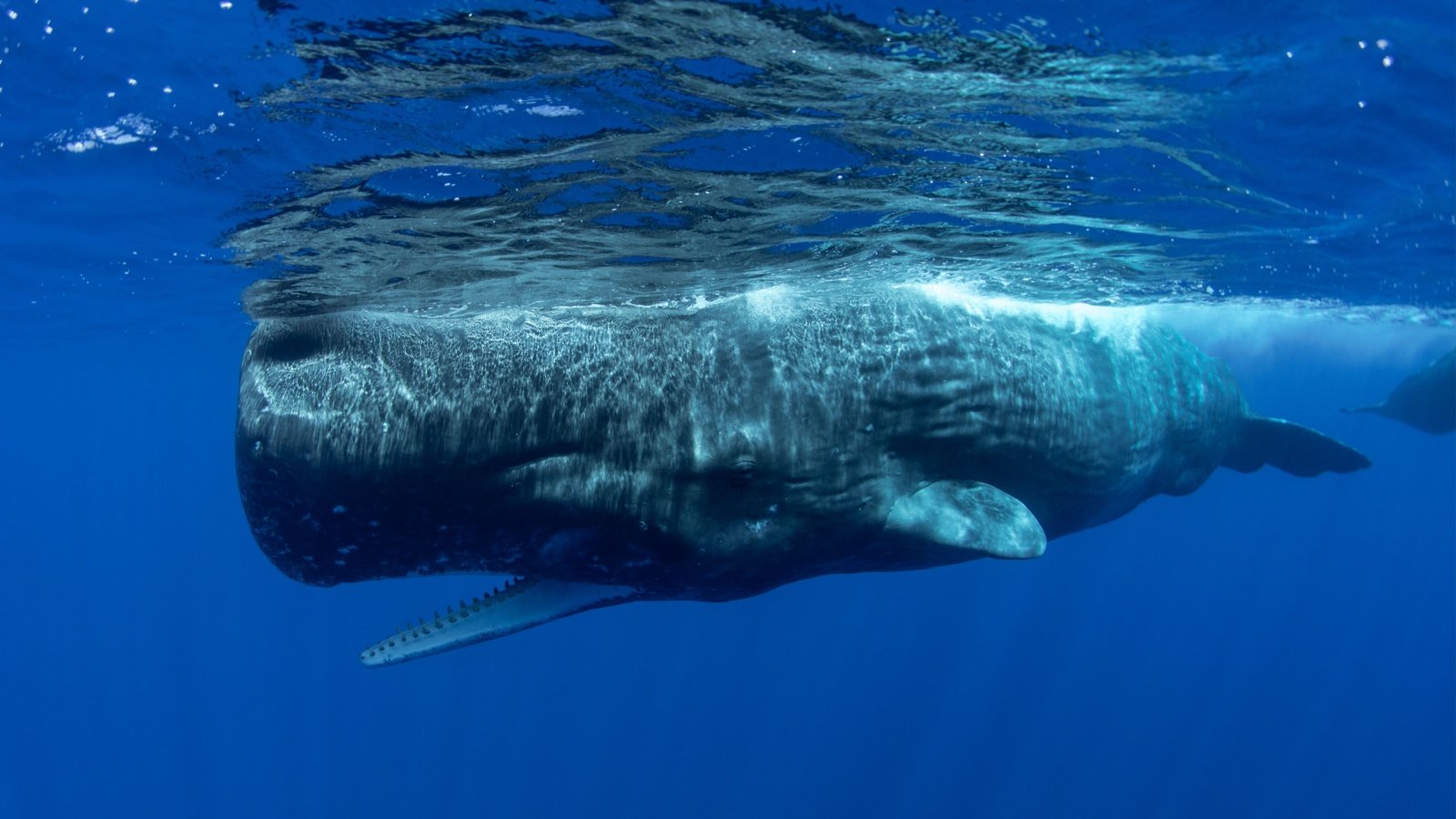
The Blob, a marine heat wave in the North Pacific from 2013 to 2016, caused significant damage to fisheries and ecosystems. It led to concentrated prey for whales close to shore and a severe toxic algae bloom, impacting the Dungeness crab fishery and causing record whale entanglements.



